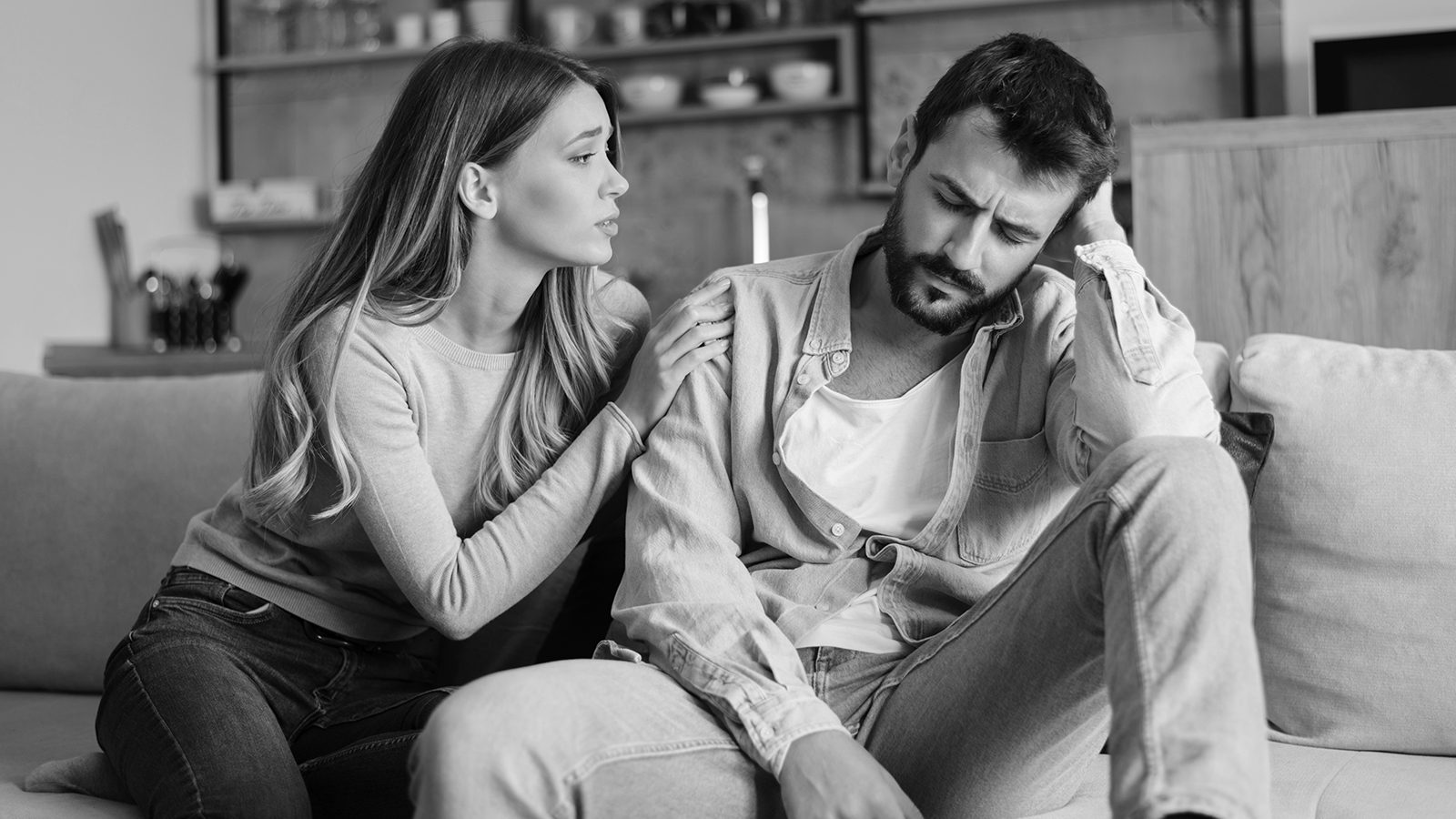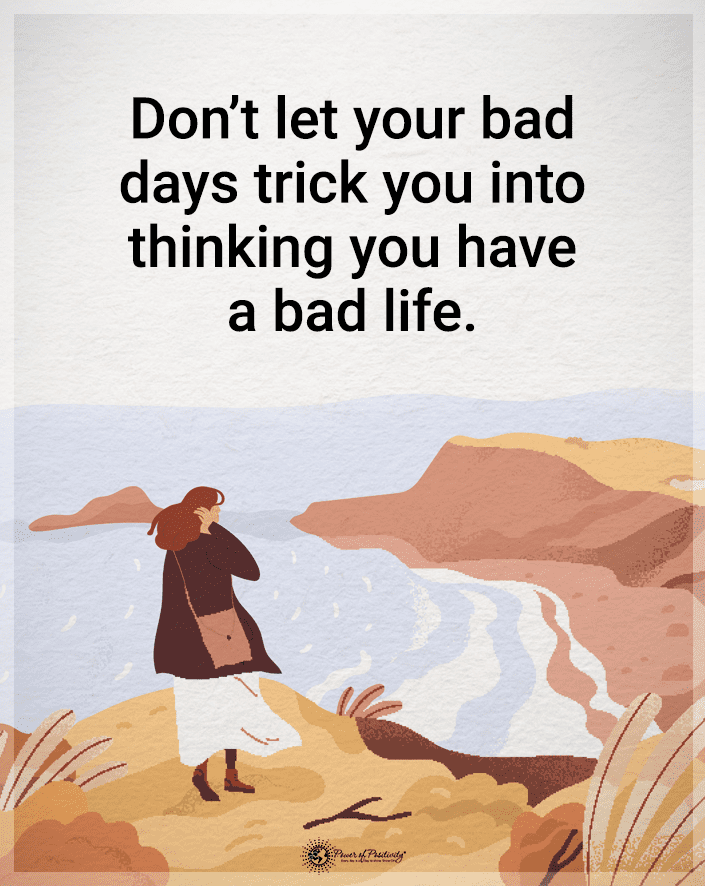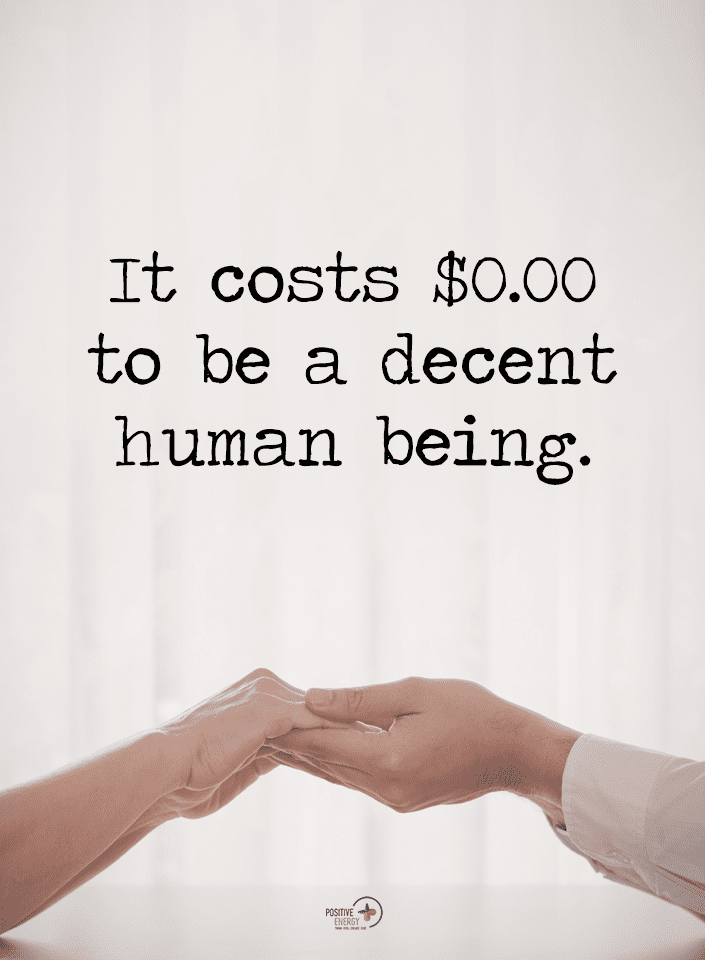Whether we like it or not, what happens to our emotional wounds in our childhood does not disappear when we enter adulthood. Childhood trauma and neglect can impact our well-being and interpersonal relationships. Sometimes these lasting effects can explain our present behavior, emotional health, and inner struggles. It is easy for childhood troubles to seep into our everyday lives when we do not realize that is what is happening. This can have an incredibly harmful impact on our romantic relationships.
When a child does not receive enough love growing up, that can affect how they experience love in their adult years. Two major ways this occurs is in seeking out the love they never got to experience or shying away from love because the feeling of not deserving of love has never been healed. Read on to learn more about the six emotional wounds men carry into relationships when they’re unloved as children and how to begin healing your inner child.
NOTE: Because women display different behaviors than men, we address the emotional wounds carried by women in a separate article.
6 Emotional Wounds Men Carry Into Relationships When They’re Unloved as Children
1. Attachment Issues Come From Emotional Wounds
Attachment is one of the most prevalent issues that can spawn from lacking the love you needed as a child. There are many different kinds of attachment issues that one might experience in their relationships. Some common forms connected to childhood neglect are avoidant attachment and anxious attachment.
Avoidant attachment occurs when you have trouble letting people close to you, being intimate and vulnerable. This can make it hard to develop deep and meaningful romantic connections. Anxious attachment is almost the opposite of this. People who deal with anxious attachments are usually clingy and have low self-confidence. Both of these styles of attachment can be significantly harmful to any romantic relationship.
One study found that individuals with abusive and neglectful parents often developed anxious attachments, and individuals with parents who were not supportive often developed avoidant attachments. Both styles of attachment can put a strain on your relationship. Space is healthy in any relationship, whether romantic or platonic. But people with attachment issues feel great distress when separated from the one they love.
One of the most important things you can do if you have these problems is to date women with more stable attachment styles. From there, you should begin to work on yourself and get to the bottom of these issues. There are plenty of ways to heal attachment issues, and this is made even easier when you have a loving, supportive partner by your side.
2. Anger And Aggression Problems
Research illustrates a clear link between childhood trauma and aggressive behavior into adulthood. Emotional wounds from childhood can have detrimental effects on adult romantic relationships, and extreme cases, lead to abusive and toxic situations. Often, when we are not given enough love as children, it is more difficult to find healthy outlets for expressing emotions than for the average person.
People who deal with anger and aggression problems can be scary to be around. They might be a wonderful, good person most of the time, but when these problems come out, they can be damaging and even frightening. Therefore, it is essential to remind yourself that these issues do not make you a bad person if you intend to heal from them.
Don’t lose hope if you struggle to manage your anger or lash out at loved ones. There are plenty of things you can do to curb this behavior. Some options include going to therapy, learning breathing exercises, developing a meditation practice, incorporating physical exercise in your routine, and finding healthy hobbies that serve as an outlet for your emotions.
Not only will this make your relationships healthier and happier, but it will likely make you feel much better. Wounds from childhood are often something we do not realize we are living with. So when we embark on the healing journey, it is like a weight being lifted from our shoulders.
3. Struggles With Emotional Intelligence
Not being nurtured and loved as a child can negatively affect emotional intelligence as an adult. Emotional intelligence is your ability to understand your emotions and the emotions of those around you, express, control, and interpret emotions in particular situations. Of course, everyone has a different level of emotional intelligence. Still, those who were not taught stable and loving emotions by their parental figures may struggle more to grasp these essential aspects of emotion.
Experts reveal that when a child is not raised in a loving and supportive environment, they are likely to have more struggles with articulating and understanding emotions. This may be accompanied by feelings of inadequacy, lack of trust in your thoughts and strengths, low self-confidence and self-esteem, and inability to communicate emotions. This is harmful to romantic relationships for many reasons. One of the most important aspects of a relationship is emotional connection. Low emotional intelligence can make you and your partner distant, unloved, and misunderstood.
Luckily, there are many ways to develop a higher emotional intelligence. Simply paying attention to your feelings and tuning into them is a great and simple place to start. From there, try having conversations with others about your feelings. If you want more guidance navigating your emotional intelligence, there is no shame in reaching out to a professional for suggestions.
4. Trust Issues
Another common symptom men experience due to being unloved as children is trust issues. Trust is an integral part of any relationship. Men who suffered from neglectful or unsupportive parenting may have difficulty opening up to potential partners and trusting them. There are some levels to this. It can be as minute as not trusting your partner with your most embarrassing moment or knowing the code to get into your phone.
Or it can be as extreme as not trusting your partner to stay faithful to you and not trusting them to share important parts of your life. This can lead to anxiety, distance, and paranoia clouding your relationship. If you are hoping to have a long-lasting relationship, trust issues can make this difficult. Comfort and security are essential aspects of any relationship, and when you do not fully trust your partner, it can prevent these feelings from developing.
Trust is something that needs to be built in any new relationship. One piece of advice to overcome trust issues is slowly building trust between your partner and yourself. Start small by sharing a secret or something you keep hidden about yourself. If they are a supportive partner, they will likely be kind and pleased that you opened up to them.
It can feel scary to start trusting your partner because when you choose to trust someone, there is always some risk involved. However, building a solid and trusting relationship becomes easier once you start trusting your partner. Eventually, you will be surprised by how great it feels to be your authentic self in romantic relationships.
5. Low Self-Esteem
Clear connections exist between people lacking love as children and people with low self-esteem. Low self-esteem is not only harmful to individual mental health, but it can manifest in unhealthy ways in romantic relationships as well. Often these kinds of self-esteem issues come from feeling undervalued and unheard in childhood.
You might have the most supportive and loving partner in the world and still feel like you are not worthy of them or happiness. Low self-esteem can display in several ways. Perhaps you feel bad about how you look, your position in life, or how others perceive you. Low self-esteem might look like a steady stream of negative thinking in a romantic relationship. You might believe you are undeserving of your partner’s love, you are an inadequate romantic partner, or your person does not enjoy spending time with you.
Most of the time, these thoughts are not based on reality but on negative experiences we have endured in our past and childhood. If you are struggling with self-esteem, research ways to uplift your confidence. This may include positive affirmations, implementing an exercise regime, counseling, or focusing on the aspects of yourself that you love.
6. Anxiety And Excessive Fears Come From Emotional Wounds
Every human experiences a certain level of anxiety. However, experts say that the anxiety experienced by men unloved as children is likely higher than the average person. Feeling a lack of love in childhood can lead to the development of clinical anxiety disorders. Fear and anxiety wreak havoc on the everyday lives of those who experience them. But it also severely impacts relationship behavior and success.
Some common symptoms of anxiety experienced by men unloved as children include fear of failure, abandonment, difficulty making decisions, gravitation towards co-dependent relationships, social anxiety, and chronic stress. When you experience anxiety regularly or have an anxiety disorder, this puts strain on romantic relationships. Anxiety can make you dependent on your significant other for comfort and reassurance.
Although it is great to receive comfort from your lover, depending on their constant presence and help can be burdensome. In addition, developing a reliance on others can make the anxieties worse. No matter how close you are to your partner, there are some things in life that you will have to do without them. To get help with anxiety and excessive fears, the best thing to do is see a professional.
Feelings of anxiety exist on a large spectrum. While some people have elevated anxiety from the average person, they might not necessarily have an anxiety disorder. In addition, there are many different kinds of anxiety disorders, so it is helpful to get a professional opinion to figure out what works best for you.
Final Thoughts On Emotional Wounds Men Carry Into Relationships When They’re Unloved As Children
Love is something that parents must offer to every child in abundance. But unfortunately, not every child receives the love and care they need. This can lead to many problems later in life, especially if you lock away feelings instead of addressing and working through them.
And these issues undoubtedly cause us to bring baggage into our romantic relationships. Now that you know the six emotional wounds carried into relationships that stem from childhood, you have the knowledge to move forward, identify these problems, and heal your inner child.





















